OPENsci '25
webinar series
A Learning Opportunity through Knowledge to Impact

The Knowledge to Impact team is excited to host OPENsci ’25 – our first webinar series dedicated to open science. This series will explore a variety of themes related to key areas in research where open science can have a positive research impact, including but not limited to – research excellence, engagement and inclusivity, epistemic diversity, and grand societal challenges.
Webinar Topics
April 15 - Open Science: Lessons from the Hotchkiss Brain Institute
March 19 - Preprints: Affordable route to open access publishing?
March 13 - How Transparency and Reproducibility Improve Research Quality and Integrity
2025 Sessions
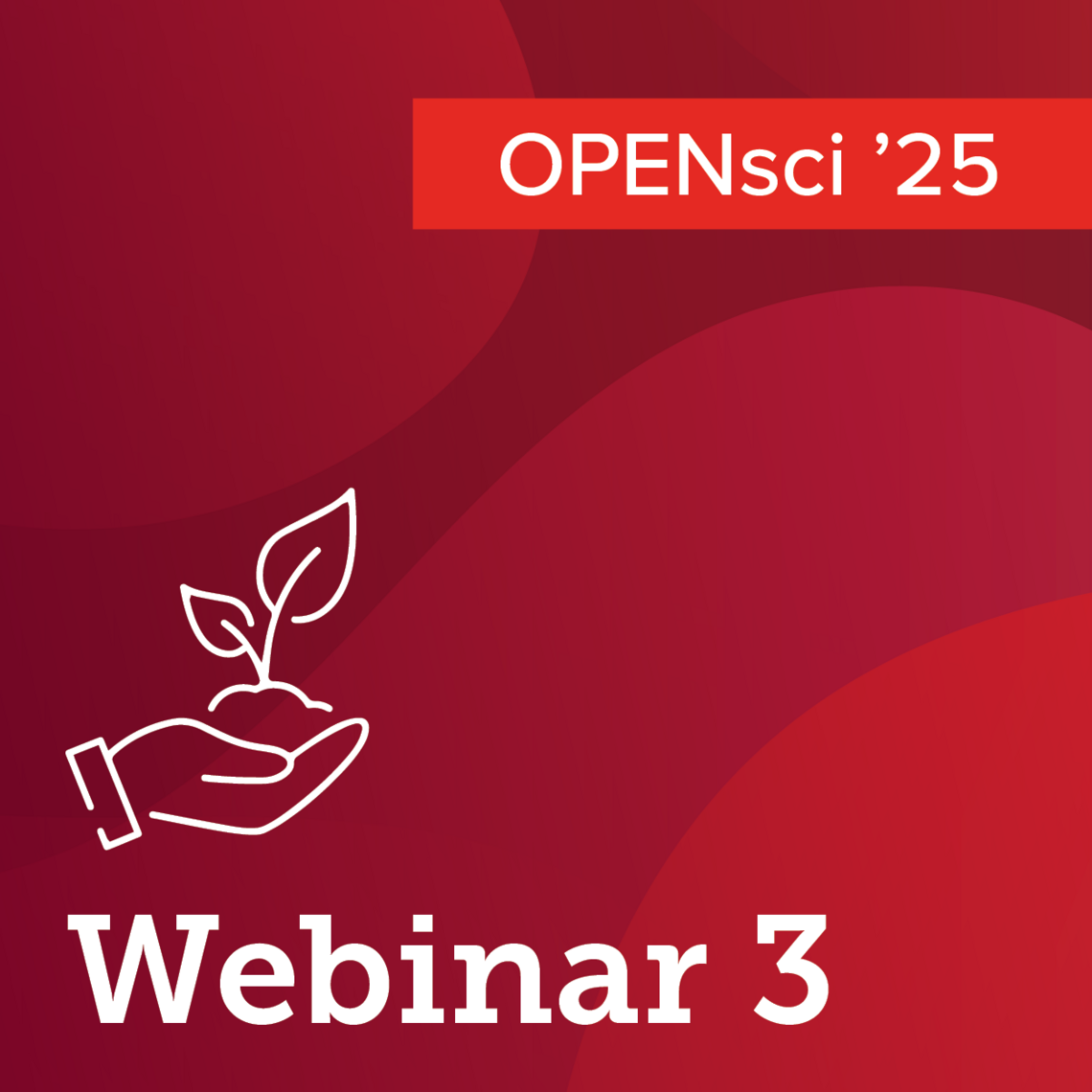
Open Science: Lessons from the Hotchkiss Brain Institute (HBI)
Tuesday, April 15, 2025
1 p.m. - 2 p.m. (MT)
Zoom | Free Registration
Learn how to improve the reproducibility, transparency and impact of your research through lessons derived from an analysis of almost 1,000 HBI member authored articles and two scholars who make their work open.
Significant attention has been placed on the value of open science practices. For instance, greater research quality and integrity is associated with open science. However, it is not always clear on which specific practices to pursue in making your work open. Heather Ganshorn and HBI have completed a study recently to gain a better understanding of which practices HBI members are using in making their scientific knowledge open and this has helped identify some good practices. This webinar will focus on findings and lessons related to open access, open data, and open materials and methods/transparent reporting guidelines.
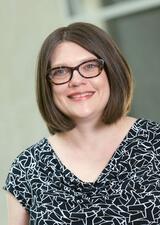
Heather Ganshorn
Librarian, Science and Health Sciences, UCalgary
Heather Ganshorn is a science and health sciences librarian at the University of Calgary. Her main research interests include open research practices and knowledge synthesis methodologies.

Alex Lohman
Assistant Professor, Medicine, UCalgary
Dr. Lohman is the Director of the Cumming School of Medicine Optogenetics Facility (CSMOpto). Over the past 3 years CSMOpto has hosted Open Science Workshops for Advanced Fiber Photometry and Miniature Microscopy. These 4 day intensive workshops have provided hands on training for attendees from across North America in specialize techniques to image the brain in awake behaving animals. Their Open Science focus has led to the generation of detailed training resources that are freely available through the CSMOpto website.
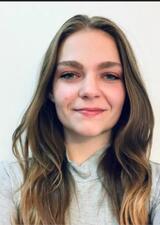
Amanda Rande
Research Coordinator. Open Science Lead, UCalgary
Amanda holds a Master's degree in Neuroscience and serves as a research coordinator in the Pediatric Onset of Neuromotor Impairments Lab. Passionate about open science and data sharing, Amanda is currently spearheading a project to create an open science database for all studies conducted in the lab.
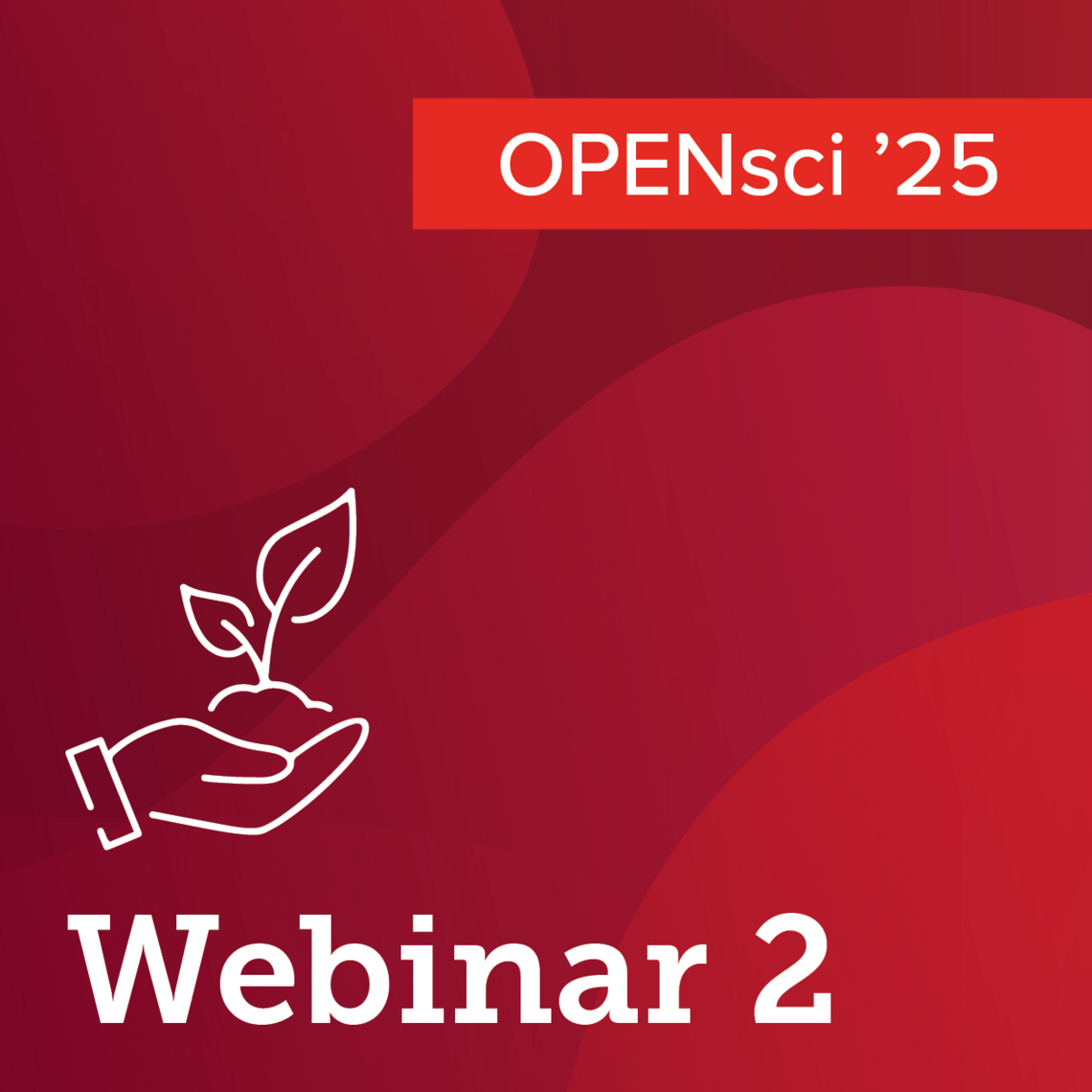
Preprints: An Affordable Route to Open Access Publishing?
Wednesday, March 19, 2025
11 a.m. - 12 p.m. (MT)
Zoom | Free Registration
Have you thought about submitting a preprint but then been unsure of whether it was worth the effort or how to do it? Join us to learn about what preprints offer, including when and how to best make use of them.
Open access publishing has been a key and influential component of open science. Even though there is significant support for providing accessible publishing of scholarly works, many scholars face barriers such as huge costs in attempting to make their publications freely available.
Preprints are a low cost, faster and more available method of providing openly accessible publications. Many funding agencies also support preprints. However, there are some concerns with preprints and questions around their use, for instance, their quality without peer-review. This webinar will examine the option of using preprints to provide open access to scholarly works, as well as when and how to provide a preprint.
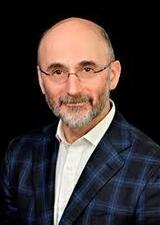
David Moher
Director, Centre for Journalology, Ottawa Hospital Research Institute
Dr. David Moher is a senior scientist, Clinical Epidemiology Program, Ottawa Hospital Research Institute. Over the last 10 years of David Moher’s career his research has focused on the principles and practices of open science including data sharing and reproducibility. Professor Moher was elected as a Fellow of the Royal Society of Canada and a Fellow of the Canadian Academy of Health Sciences.
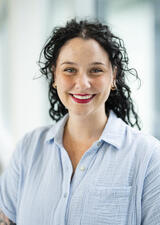
Brianna Calomino
Digital Projects Librarian – Digital Scholarship
Brianna Calomino is a Digital Projects Librarian who works with scholarly publishing at the University of Calgary Library. She helps manage PRISM; the institutional repository, Open Journal Systems, and the LabNEXT Makerspace. Brianna is passionate about all things Open Access and Open Scholarship.
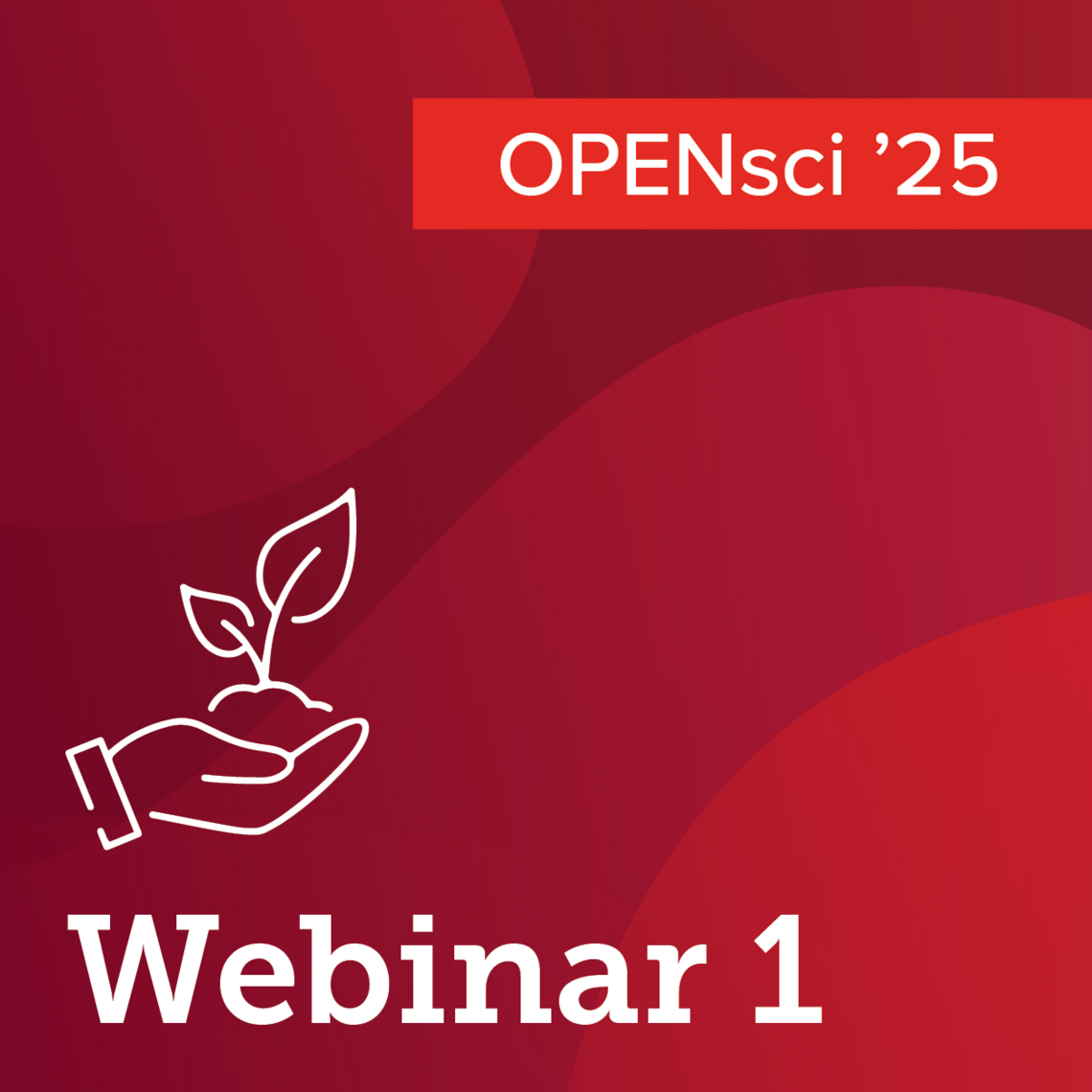
How Transparency and Reproducibility Improve Research Quality and Integrity
Thursday, March 13, 2025
2 p.m. - 3 p.m. (MT)
Zoom Webinar | Free Registration
Explore how access, replicability, and transparency enhance research quality and trust in the academic community and beyond.
Open science is quickly gaining momentum as a model for improving the quality, trust, and rigor of processes that build a foundation for research excellence.
Issues including difficulty in replicating study results, lack of transparency, and even fraud have raised concerns within the academic community.
In this webinar, our speakers will discuss how the "Reproducibility Crisis," is more of a widespread issue than the term "crisis" suggests and in response, we'll explore how to make open science work for researchers resulting in better and more meaningful impact for everyone.
Program*
Introduction and Welcome
with Stephanie Warner, Manager, Knowledge to Impact
Presentation: How Open Science Leads to Integrity and Trust
with David Moher
Presentation: Be Open to the Change You Want To See in the Open Science World
with Matthew Makel
Presentation: Open Science and Library Supports
with Heather Ganshorn
Open Discussion: Q&A
with all presenters
* subject to change
Biographies
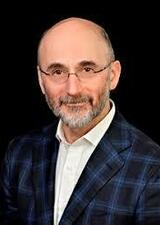
David Moher
Director, Centre for Journalology, Ottawa Hospital Research Institute
Dr. David Moher is a senior scientist, Clinical Epidemiology Program, Ottawa Hospital Research Institute. Over the last 10 years of David Moher’s career his research has focused on the principles and practices of open science including data sharing and reproducibility. Professor Moher was elected as a Fellow of the Royal Society of Canada and a Fellow of the Canadian Academy of Health Sciences.
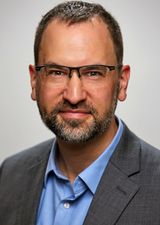
Matthew Makel
Professor and Research Chair, Werklund School of Education, UCalgary
Dr. Matthew C. Makel is Professor and Research Chair in High Abilities Studies in the Werklund School of Education at the University of Calgary. His research focuses on academic talent development and open science research methods. He’s shared datasets publicly, regularly pre-registers his work and co-founded a community-based education preprint service EdArXiv with the Center for Open Science.
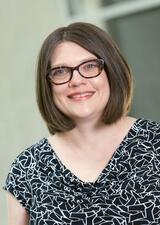
Heather Ganshorn
Librarian, Science and Health Sciences, UCalgary
Heather Ganshorn is a science and health sciences librarian at the University of Calgary. Her main research interests include open research practices and knowledge synthesis methodologies.
